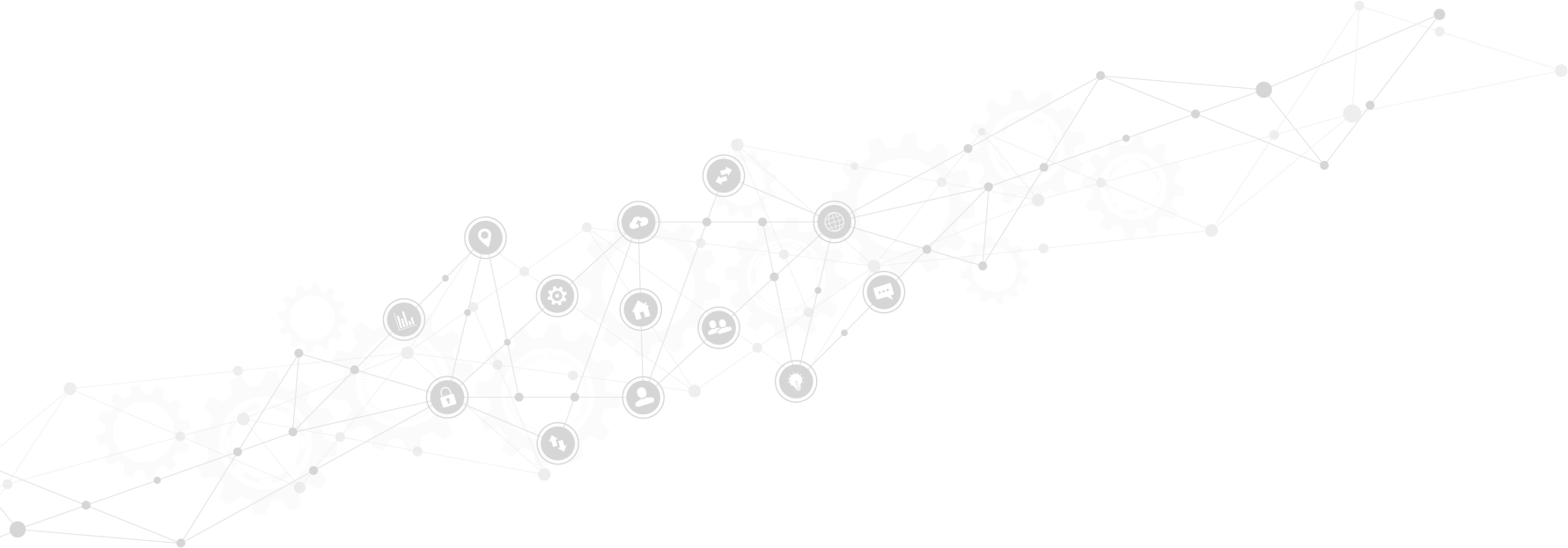
Phishing Attacks: Unraveling the Economic Damage Inflicted on Provinces in 2023

May 3, 2023
-Phishing Attacks
Introduction:
In the digital age, cybercriminals constantly seek innovative ways to exploit vulnerabilities and maximize their illicit gains. Among the numerous cyber threats, phishing attacks have emerged as a significant menace, wreaking havoc on individuals, businesses, and even entire provinces. In the year 2023, phishing attacks inflicted substantial economic damage across various provinces, highlighting the urgent need for heightened cybersecurity measures and increased public awareness.
The Rising Tide of Phishing Attacks:
Phishing attacks involve deceptive tactics that trick unsuspecting individuals into divulging sensitive information, such as passwords, credit card details, or social security numbers. These attacks are typically carried out through fraudulent emails, text messages, or fake websites designed to resemble legitimate sources. In recent years, cybercriminals have honed their phishing techniques, making them increasingly sophisticated and difficult to detect.
Economic Impact on Provinces:
Throughout 2022, phishing attacks had severe economic consequences for provinces worldwide. According to a report released by IBM's 2022 Cost of Data Breach Report, phishing attacks resulted in significant financial losses and disrupted business operations across multiple provinces.
Financial Losses for Individuals and Businesses:
Phishing attacks targeted individuals and businesses, leading to significant financial losses. Cybercriminals exploited personal and financial information obtained through phishing to carry out unauthorized transactions, drain bank accounts, or make fraudulent purchases. The financial burden placed on affected individuals and businesses had far-reaching consequences for local economies.
Disruption of Business Operations:
Phishing attacks often target employees within organizations, attempting to gain access to sensitive corporate data or compromise business systems. Successful attacks resulted in the disruption of business operations, leading to reduced productivity, increased downtime, and financial losses. The ripple effects of such disruptions impacted not only the targeted organizations but also their business partners and customers.
Damage to Reputations:
Phishing attacks not only result in financial losses but also tarnish the reputation of affected entities. Businesses that fall victim to phishing attacks may experience a loss of customer trust and credibility. Rebuilding a damaged reputation takes time and resources, further impacting the economic standing of the affected province.
Cost of Incident Response and Recovery:
Dealing with the aftermath of phishing attacks requires significant investments in incident response and recovery efforts. Organizations must allocate resources to investigate the incident, mitigate the damage, and implement enhanced cybersecurity measures. These costs add an additional burden to the already strained budgets of provinces.
Combating Phishing Attacks:
To mitigate the economic damage inflicted by phishing attacks, a multi-faceted approach is necessary. Recommendations from IBM include:
- Enhanced Cybersecurity Measures: Organizations and individuals must prioritize the implementation of robust cybersecurity measures, including strong authentication protocols, regular security awareness training, and advanced threat detection systems.
- Public Awareness and Education: Governments, businesses, and cybersecurity organizations should collaborate to raise public awareness about phishing attacks. Educational campaigns can empower individuals with the knowledge to identify and report phishing attempts, minimizing their success rate.
- Collaboration and Information Sharing: Provinces must foster collaboration between public and private entities to share information and best practices for combating phishing attacks. Rapid dissemination of threat intelligence can help prevent future incidents and reduce economic losses.
- Regulatory Measures: Governments should establish and enforce stringent regulations to hold cybercriminals accountable for their actions. Strong legal frameworks can act as a deterrent and provide a legal basis for prosecuting phishing attackers.
Conclusion:
The economic damage inflicted by phishing attacks on provinces during 2023, as reported by IBM, highlights the urgent need for proactive cybersecurity measures and public awareness. By implementing robust cybersecurity practices, educating individuals, fostering collaboration, and enforcing regulations, provinces can fortify their defenses against phishing attacks. It is essential to recognize the evolving nature of these threats and adapt strategies accordingly to protect economies, businesses, and the individuals they serve